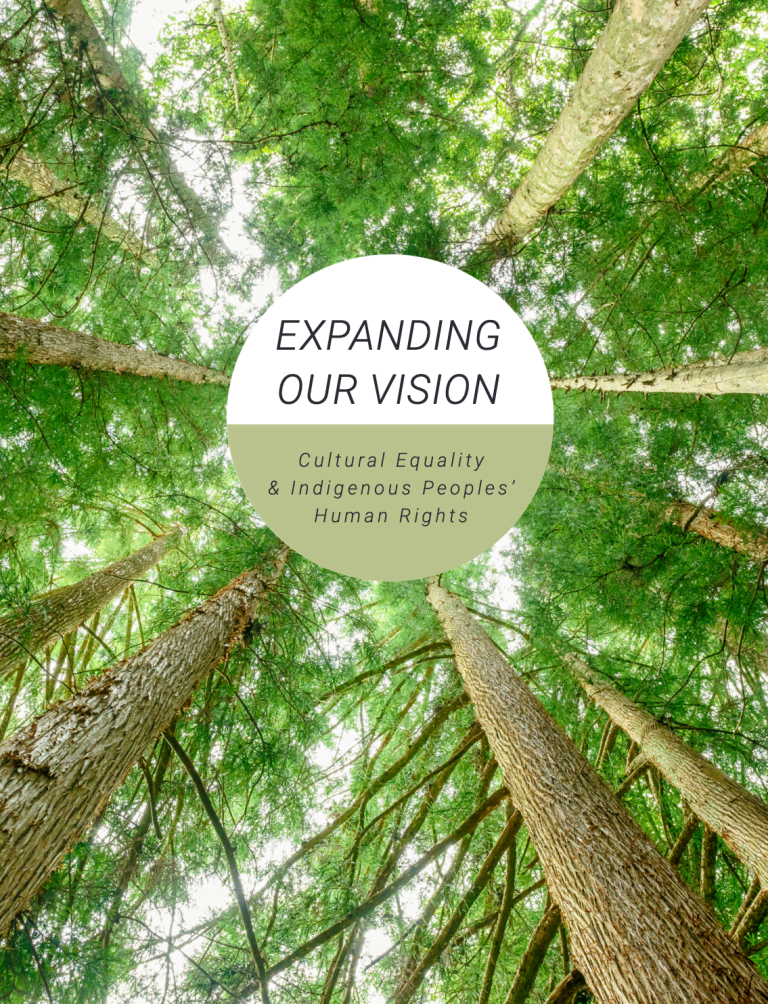48 search results
Hearings
Recommendation 41: Incorporate Indigenous Peoples (as tribunal members or as co-appointed decision-makers).-
Category and theme:
Audience:
Groups affected:
Hearings
Recommendation 42: Ask participants if there are any Indigenous protocols for how information or evidence may be offered or shared that they would like to incorporate.-
Category and theme:
Audience:
Groups affected:
Website
Recommendation 43: Develop a website using plain and easily accessible language to provide Indigenous Peoples with information and to guide them through stages of the application process. The website should feature case-based examples, specific to Indigenous Peoples; short videos to illustrate the BCHRT process; and a guide to help people through the BCHRT process.-
Category and theme:
Audience:
Groups affected:
Need for legal representation
Recommendation 44: Advocate, perhaps with the Office of the Human Rights Commissioner, Indigenous political organizations and legal advocacy organizations, for legal representation at the filing stage through to resolution, for Indigenous claimants.-
Category and theme:
Audience:
Groups affected:
Need for legal representation
Recommendation 45: Explore options to support greater access to justice for Indigenous Peoples in this area, including Indigenous human rights legal aid funding, administered by the Legal Services Society or a similar organization, to support Indigenous Peoples in making and advancing claims.-
Category and theme:
Audience:
Groups affected:
Need for legal representation
Recommendation 46: Partner with other organizations (such as the Office of the Human Rights Commissioner, CLEBC, law schools, Indigenous and legal organizations) to provide bootcamps and other training opportunities for lawyers or law students about Indigenous Peoples’ human rights. This case-based education should address the different elements in bringing a case: What is discrimination on prohibited grounds? Where are examples of evidence? Does the fact that no one witnessed an event mean that no case for discrimination can be brought? Training should include systemic features and intersectionality of the discrimination that Indigenous Peoples experience based on race and gender, geographic and socio-economic status, etc.-
Category and theme:
Audience:
Need for legal representation
Recommendation 47: Provide student opportunities, such as articling or summer jobs for Indigenous law students to increase practitioners in this area.-
Category and theme:
Audience:
Groups affected:
Need for legal representation
Recommendation 48: Encourage the creation of regional, or circuit, human rights clinics to both educate and assist Indigenous Peoples in filing and carrying through human rights claims. Explore options for clinics or workshops that operate regionally over time so lawyers can stick with a case, including potentially working with the three BC law schools. Clinics should be led by leading Indigenous counsel and provide representation to Indigenous Peoples, individually and collectively.-
Category and theme:
Audience:
Groups affected:
